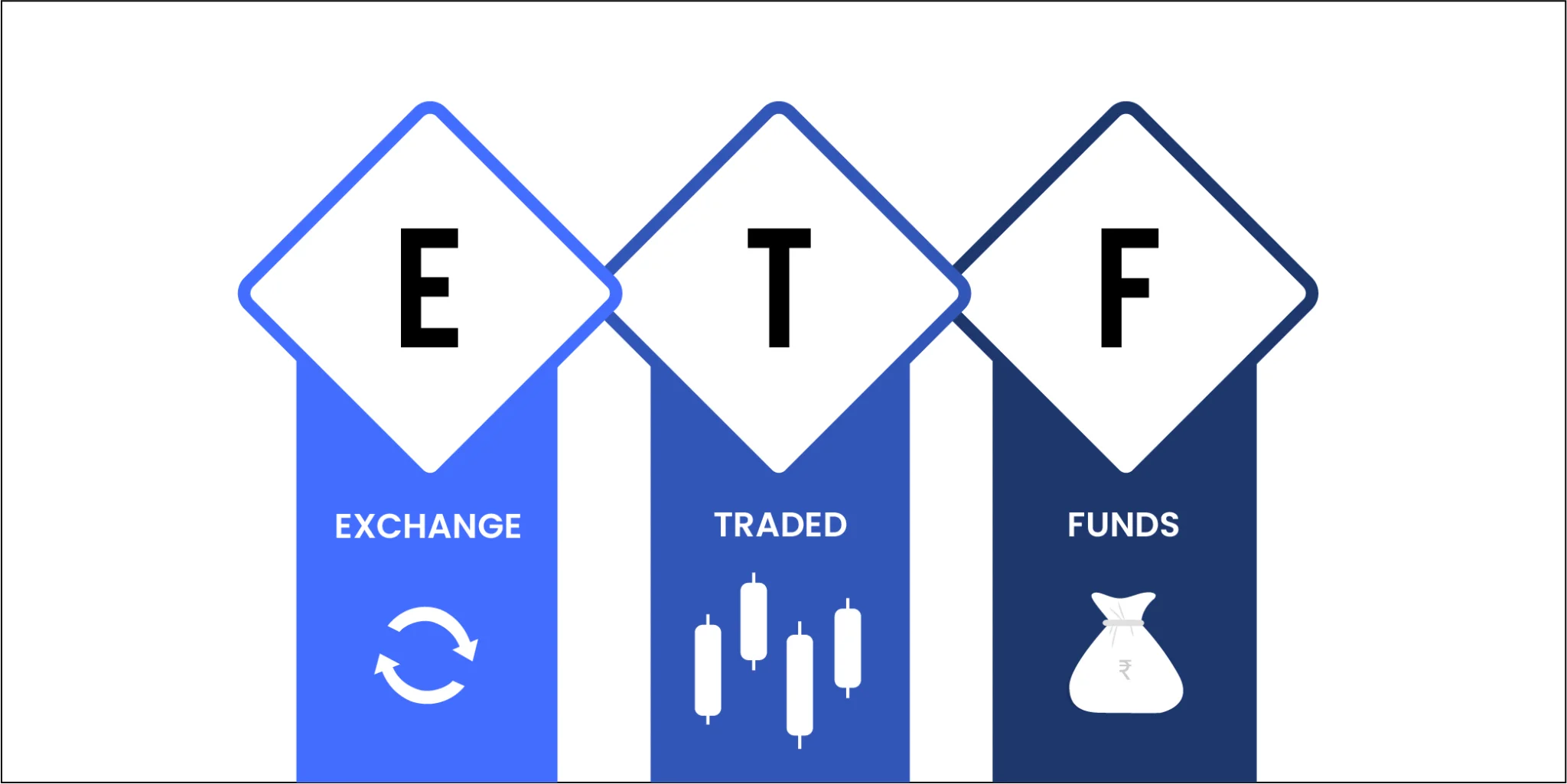Smart Deposit is like a special investment option from Koshex. It lets you invest money and be flexible with it. You can start with ₹25,000 and earn up to 12% fixed returns through Smart Deposits. It’s a convenient way to invest and have complete control over your money.
Smart Deposits are considered to be a better alternative to the fixed deposits offered by banks. They are said to be a good option that will help you achieve your short-term goals.
Here’s everything you need to know about them, including how they work, how much taxes you have to pay on them, and how you can choose the right plan for yourself.
What Are Smart Deposits, Anyway?
Smart Deposits are a fixed-income product offered by Koshex, in partnership with Faircent, a leading RBI-registered NBFC (Non-Banking Financial Company). Smart Deposits offer fixed returns, ranging from 8.25% to up to 12%. These deposits are designed to provide investors with the flexibility to withdraw funds without any charges and ensure that they have access to their money when needed.
Smart Deposits are considered to be a great alternative to bank savings accounts and fixed deposits. With Smart Deposits, you earn higher returns than fixed deposits, making it a good option to park your idle money.
How Do Smart Deposits Work?
Smart Deposit, which is offered by Koshex, is a peer-to-peer (P2P) lending product. P2P lending uses online platforms to connect people who want to borrow money with people who want to lend money. When you invest in Smart Deposit through Koshex, Faircent will lend your money at a certain interest rate to borrowers. When the borrowers pay back the money lent by you, you will receive your principal and the interest amount.
Borrowers are selected based on their creditworthiness and algorithms are used to set their loan terms and interest rates. Just like traditional lenders, P2P lenders might consider things such as the borrower’s debt-to-income ratio and credit scores to decide whether to offer them a loan. However, P2P lenders might also have less strict eligibility requirements than some other lenders. Since Koshex is teamed up with one of the leading P2P lending platforms in India, you can rest easy knowing that your investment will receive assured returns.
Investing & Withdrawing – Smart Deposits
At Koshex, there are six different Smart Deposit plans. The plans offer returns ranging from 8.25% to up to 12%. The tenure of the plans starts from one day to three years. The minimum investment amount of Smart Deposits is ₹25,000 and the maximum amount one can invest in this fixed-income product is ₹9 lakhs. You can choose to earn monthly interest or get the total amount that is compounded until maturity.
Smart Deposits do not come with a lock-in period. You can choose to redeem your money anytime you want. Unlike fixed deposits, which charge a penalty when you withdraw prematurely, Smart Deposits do not charge any withdrawal fee. Smart Deposits ensure that you have the freedom to use your funds as per your financial requirements without any financial consequences.
The Taxes We Pay
In Smart Deposit, investors essentially earn interest from the money they lend. Hence, just like interest earned from other instruments like fixed deposits, interest income from Smart Deposit is taxable.
The interest income earned from Smart Deposits is classified as ‘Income from Other Sources’. It will be added to the lender’s income and taxed as the tax bracket that the lender falls in. For example, if you are in the 20% tax bracket, you will pay 20% tax on the interest earned.
Let’s understand this with an example. If you have invested ₹2 lakhs in Smart Deposit, and the interest you earned from the principal amount is 15% or ₹30,000. If you are in the 20% slab, you will pay ₹6,000 (20% of ₹30,000) in taxes.
Who Is It For?
Smart Deposits are suitable for you if you receive a large sum of money and looking for a safe investment instrument to put it. They are an ideal option to park money for a short time and you can redeem them anywhere and at any time.
They are perfect for investors, who have a low-risk appetite but wish to earn more returns than fixed deposits. Smart Deposits can help them earn equities-like returns without taking much risk.
Choosing The Right Plan In Smart Deposits
As mentioned above, Koshex offers six Smart Deposit plans. The tenure of these plans ranges from one day to three years. The returns of these plans can start from 8.25% and can go up to 12%.
You can choose the right plan for you by considering your investment horizon and financial goals. If you are planning to build an emergency fund, you can consider a plan that has a tenure of 6 months to a year. See how long you are willing to stay invested in Smart Deposits so you can choose a plan accordingly.
In The End…
Smart Deposits are a great option that offers protection against volatility, as well as fixed returns.
If you are looking to invest in Smart Deposits, you can head over to Koshex right away. Koshex offers Smart Deposits and our platform provides the same security offered by banks.
So, your data is safe with us and you can start investing in Smart Deposits in just a few clicks. Create an account with us today and experience the new-age investing experience with us!









Leave a Comment